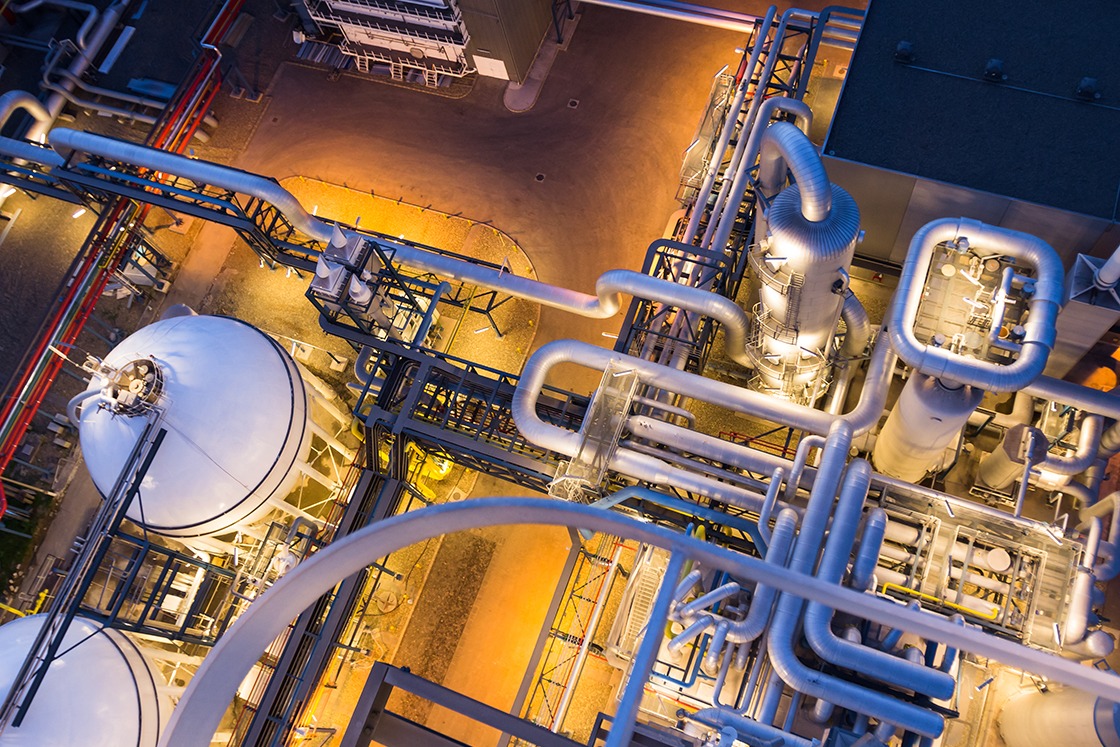The global refinery process chemical market size is projected to be valued at USD 5969.7 million in 2024 and further increase at a CAGR of 5.2% during the forecast period. Worldwide sales of refinery process chemicals are set to total USD 9950.4 million by 2034.
The refining industry is adapting to the growing need to reduce carbon emissions by investing in carbon capture systems. Digital technology, such as artificial intelligence and machine learning, is transforming the industry, while the circular economy promotes waste reduction, recycling, and reuse.
Nanotechnology is being used to develop novel materials and catalysts for refining processes. 3D printing and additive manufacturing are being used to construct refinery equipment, and Industry 4.0 is enabling the supply of data-driven chemicals for refinery processes. This development can help companies strengthen their global presence and broaden their consumer base.
Manufacturers can develop refinery sociality chemicals that facilitate hydrogen synthesis, storage, and utilization, addressing the growing demand for clean energy. Petroleum refinery chemicals supporting the circular economy can also be developed to meet resource-efficient and eco-friendly solutions.
However, businesses may need to invest in compliance with environmental regulations or develop novel formulations. Switching to alternative energy sources like electric vehicles and renewable energy could pose a threat to the existing oil and gas industry.
Key Takeaways from the Market Report
- The global refinery process chemical market is set to reach USD 9950.4 million by 2034, with a CAGR of 5.2% in the forecast period.
- Based on application, the water treatment segment accounted for a market share of 35.1% in 2024.
- By end-user, the oil and gas industry is leading with a market share of 61.7% in 2024.
- India is expected to record a CAGR of 7.8% between 2024 and 2034.
- Sales in China are anticipated to rise at a CAGR of 5.9% through 2034.
“Consumers are looking for eco-friendly products amid the global shift toward sustainability. Manufacturers are concentrating on developing water treatment chemicals and other process aids derived from bio-based materials,” says a lead analyst at Future Market Insights (FMI).
To Gain More Insights about this Research, Visit!
Who is Winning?
The Dow Chemical Company, Chevron Phillips Chemical Company LLC, Exxon Mobil Corporation, and Royal Dutch Shell PLC are working on developing innovative, efficient, and sustainable chemicals for refinery procedures. These include targeted catalysts for specific refining procedures, sustainable water treatment chemicals, cost-efficient corrosion inhibitors, and digital tools like sensor-based monitoring systems and AI-powered optimization software.
The tools help optimize chemical dosing, reduce waste, and increase efficiency. AI tools can predict equipment problems and corrosion issues, enabling preventive maintenance and reduced downtime.
Manufacturers are also developing water treatment chemicals and process aids derived from bio-based materials to meet environmental regulations. Research is ongoing to find chemical solutions that enable refineries to reuse water, contributing to water sustainability efforts.
Businesses are offering complete solutions to consumers, including technical support, on-site application expertise, and performance insurance, which can be beneficial for refinery owners seeking streamlined experiences and reducing operational costs. This approach is also aimed at reducing energy consumption and equipment maintenance requirements.
Industry Updates-
- MOGAS Industries, headquartered in the UAE, in July 2024, was awarded a multimillion-dollar contract for the South Korean S-Oil Shaheen Project for the first commercialization of TC2C (Thermal Crude to Chemicals) technology.
- ONGC, headquartered in India, in November 2023, announced its plans to invest USD 5.38 billion for the establishment of two petrochemical factories that can transform crude oil into high-value chemical goods.
Key Segments of Market Report
By Product Type:
Based on product type, the sector is divided into catalysts, pH adjustors, anti-fouling agents, and corrosion inhibitors.
By Refinery Process Conversion Type:
By refinery process conversion type, the segment is divided into water treatment and petroleum treatment.
By End-user:
Refinery process chemicals have applications in the oil and gas, chemical, and water treatment industries.
By Region:
The sector is spread across North America, Latin America, Western Europe, South Asia, East Asia, Eastern Europe, and the Middle East and Africa.
Read Complete Research: Refinery Process Chemical Sales Set to Total USD 9950.4 Million by 2034 Amid Rising Demand for Waste Heat Recovery Systems | Future Market Insights, Inc.
About Future Market Insights (FMI)
Future Market Insights, Inc. (ESOMAR certified, recipient of the Stevie Award, and a member of the Greater New York Chamber of Commerce) offers profound insights into the driving factors that are boosting demand in the market. FMI stands as the leading global provider of market intelligence, advisory services, consulting, and events for the Packaging, Food and Beverage, Consumer Technology, Healthcare, Industrial, and Chemicals markets. With a vast team of over 400 analysts worldwide, FMI provides global, regional, and local expertise on diverse domains and industry trends across more than 110 countries.
Contact Us:
Future Market Insights Inc.
Christiana Corporate, 200 Continental Drive,
Suite 401, Newark, Delaware – 19713, USA
T: +1-845-579-5705
For Sales Enquiries: sales@futuremarketinsights.com
Website: https://www.futuremarketinsights.com
LinkedIn| Twitter| Blogs | YouTube
